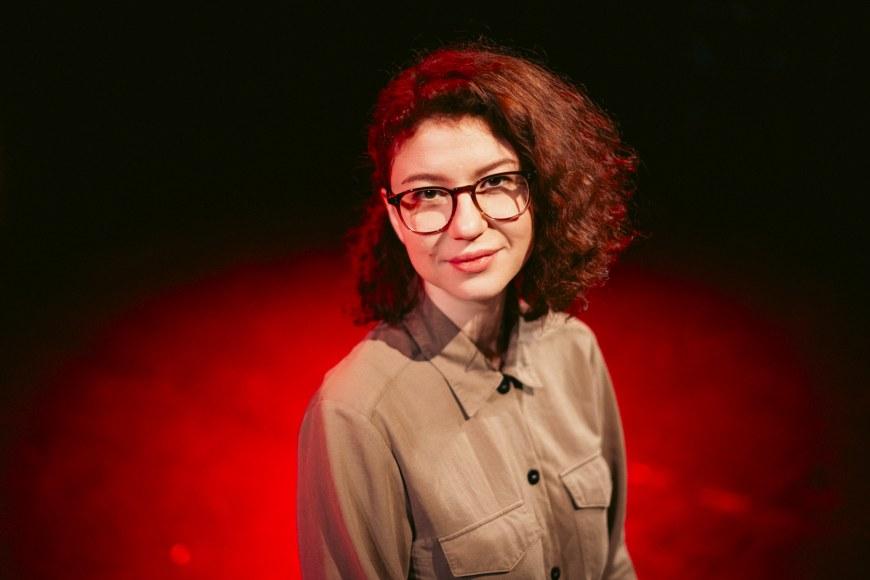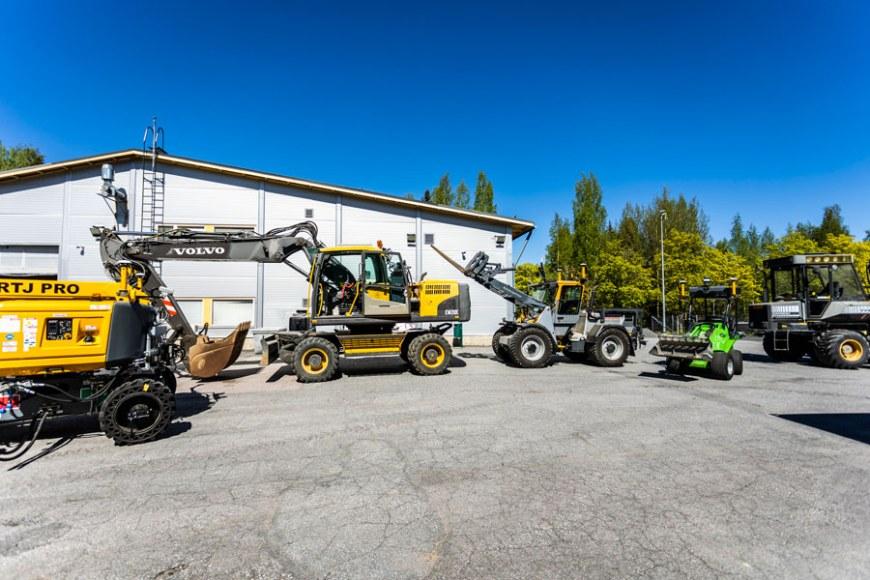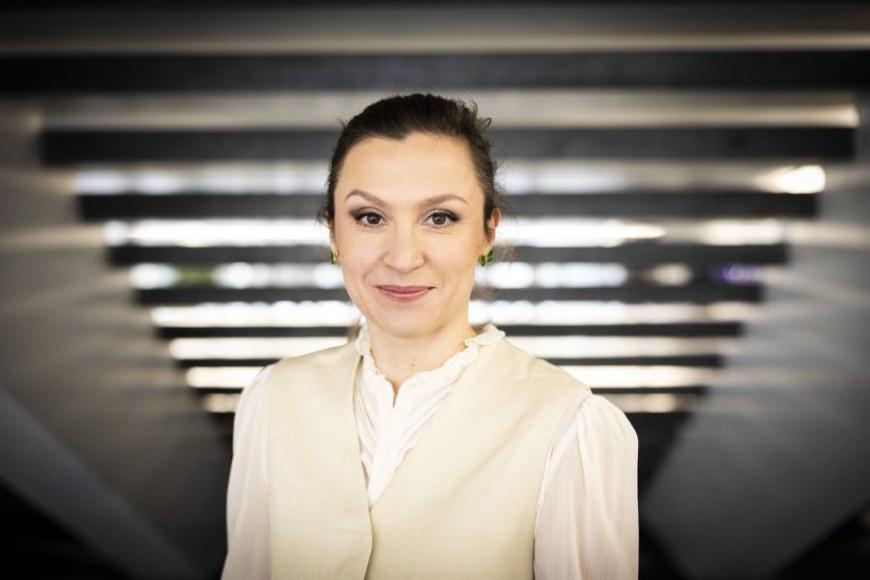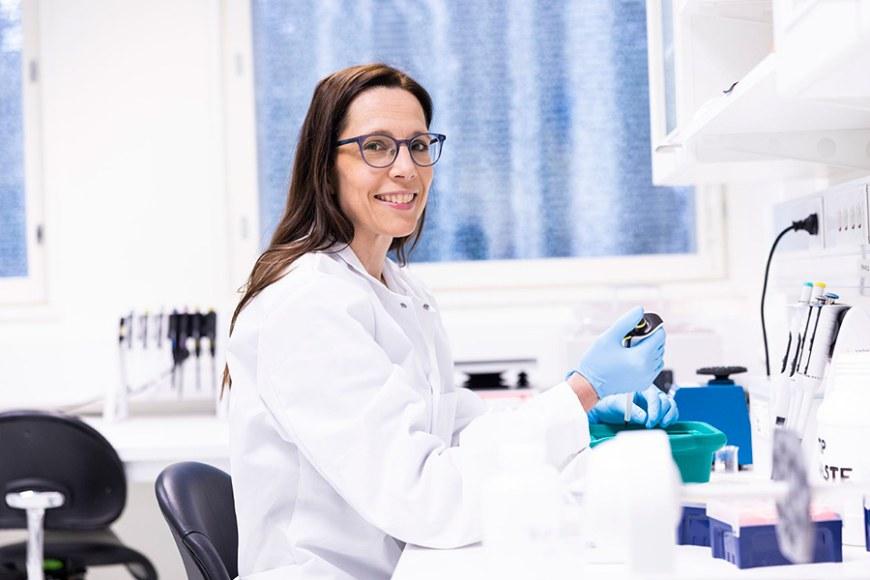EU-funded project A-WEAR is creating dynamic wearable computing ecosystems
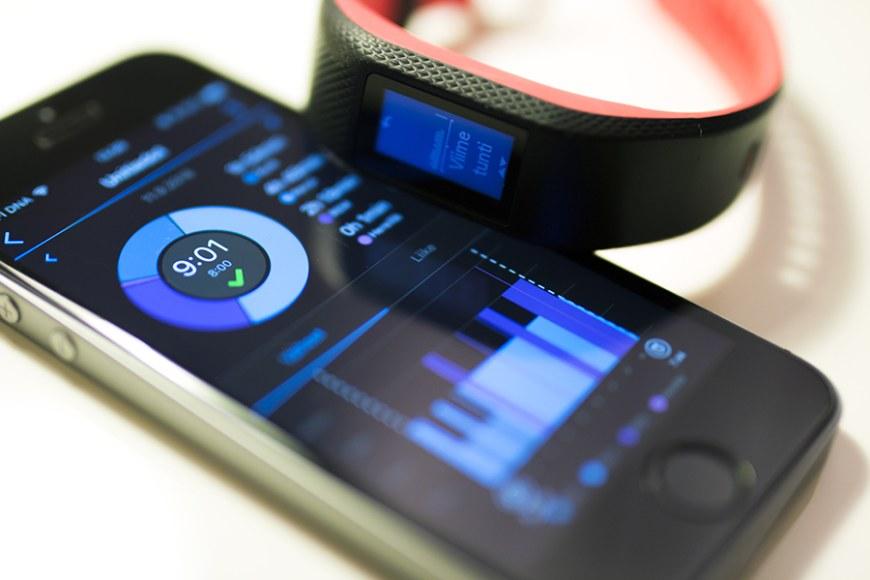
The A-WEAR project will create novel multi-layer knowledge on the localisation, connectivity, privacy and security of dynamic wearable networks. The project will supervise and train fifteen ambitious, young and creative researchers to face the future challenges in smart wearables and wireless computing.
Smart helmets and smart eyeglasses could increase the safety of the workers in the future industrial halls, while smart bracelets and smart necklaces could monitor the elderly’s daily physical activity and breathing rate and help them adopting healthy life changes. Smart watches and other smart gadgets could also enable a better social networking with think-alike neighbors and decrease the social isolation of solo dwellers.
Police officers and paramedics are already equipped with wearable cameras and handheld devices, A-WEAR researchers will be closely collaborating with the police (Castellon City Police Department in Spain) to ensure the usability and security requirements of such equipment are met.
Wide adoption of wearables is expected to bring positive impact on modern society and allow better adoption of the technology through wide range of social groups and ages.
The project is coordinated by the Electrical Engineering Unit of the Faculty of Information Technology and Communication Sciences (ITC) at Tampere University in Finland.
“We will create software tools for the designers of future products so that they may better understand the various aspects of wearable computing, such as localisation, communication and privacy issues,” says Associate Professor Elena Simona Lohan from Tampere University.
The advances that the A-WEAR provides will form the basis of enhanced features in the products and services in mobile wearables and the Internet of Things. According to Lohan, the wearables market and the levels of innovation and end-user involvement are only in their beginning. There will be great advances and growth in the coming decades as the technologies become more affordable, easier and more comfortable to wear.
“Highly skilled people are required in order to realise these advances and growth. The A-WEAR project will train fifteen research fellows in a multisectoral, international environment and equip them with a wide skill set and knowledge about the different industries in the wearables value chain,” Lohan says.
A-WEAR will also contribute to doctoral training at the European level by creating joint and double degree doctoral programmes between the five universities: Tampere University, Finland, University “Politehnica” of Bucharest, Romania, Brno University of Technology, Czech Republic, Universita Mediterranea di Reggio Calabria, Italy, and Universitat Jaume I de Castellon, Spain.
“The early-career fellows of A-WEAR will be trained in both entrepreneurial and academic skills. They will thus be able to develop the commercial potential of their research and to come up with innovative product and service ideas. Thanks to the international approach within A-WEAR, the innovations will also take into account the cultural variation of user needs,” Lohan explains.
The doctoral researchers will be supervised by professors and senior research fellows at Tampere University and the participating universities. Supervision will also be offered by the networks’ twelve industrial partners.
A-WEAR is a four-year European Joint Doctorate Network funded by the European Union’s Horizon 2020 Marie Sklodowska Curie Innovative Training Networks.
Further information is available on http://www.a-wear.eu
Inquiries:
Associate Professor, Dr. Tech. Elena Simona Lohan, media.a-wear [at] tuni.fi or info.a-wear [at] tuni.fi
